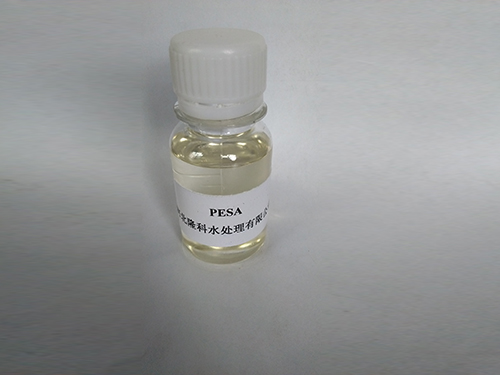flocculant chemicals for water treatment
The Role of Flocculant Chemicals in Water Treatment
Water is an essential resource for life, and its quality is crucial for health, environmental sustainability, and economic development. However, many sources of water are contaminated with pollutants, sediments, and harmful microorganisms. To address these issues, water treatment processes are necessary, and one key component in these processes is flocculant chemicals.
Understanding Flocculation
Flocculation is a chemical process that aids in the coagulation and aggregation of particles suspended in water. When applied to water treatment, flocculant chemicals work by neutralizing the electrostatic charges that keep fine particles apart, allowing them to clump together, or flocculate. This process leads to larger aggregates, or flocs, which can be easily removed from the water through sedimentation and filtration.
Types of Flocculant Chemicals
Flocculant chemicals can be classified into two main categories organic and inorganic. Organic flocculants are typically synthetic polymers, such as polyacrylamides, which are designed to improve the efficiency of the flocculation process. They are widely used due to their ability to form strong, stable flocs and can be tailored to specific applications.
Inorganic flocculants, such as aluminum sulfate and ferric chloride, are widely used in municipal water treatment plants. These compounds work by reacting with suspended particles, promoting aggregation and subsequent removal. Inorganic flocculants are praised for their effectiveness and low cost, making them a popular choice in various water treatment applications.
Applications in Water Treatment
Flocculant chemicals have a myriad of applications in water treatment. One of the most common uses is in municipal water treatment plants, where they are employed to clarify drinking water. By removing turbidity and color, flocculants ensure that the water meets safety standards and is safe for public consumption.
flocculant chemicals for water treatment

Additionally, flocculants play a critical role in wastewater treatment processes. They help remove suspended solids, colloids, and organic matter, thus reducing the burden on downstream treatment systems. This is especially important in industries such as food and beverage, mining, and pharmaceuticals, where wastewater may contain high levels of contaminants.
Flocculants are also utilized in the treatment of industrial wastewater and stormwater management. In these scenarios, they assist in the removal of heavy metals and other toxic substances, contributing to a cleaner environment and compliance with environmental regulations.
Environmental Impact and Considerations
While flocculant chemicals are vital for effective water treatment, it is essential to consider their environmental impact. Some synthetic flocculants can degrade slowly, leading to potential accumulation in water bodies. Thus, it is crucial to select flocculants that are effective while also being environmentally safe.
Moreover, there is an increasing interest in biodegradable and non-toxic alternatives to traditional flocculants. Research into natural polymers, such as chitosan derived from crustacean shells or cellulose-based flocculants, is underway. These materials promise effective flocculation while minimizing environmental risks.
Conclusion
Flocculant chemicals play an integral role in modern water treatment processes. They enhance the removal of contaminants, ensuring that both drinking water and wastewater meet required standards. As the global population continues to grow and water scarcity becomes an increasing concern, the demand for effective and sustainable water treatment solutions will be paramount.
Future advancements in flocculant technology, focusing on biodegradable and environmentally friendly options, will potentially revolutionize the industry. Emphasizing the importance of water quality and sustainable practices will not only protect public health but also preserve our precious water resources for generations to come. As we navigate the challenges posed by water pollution and scarcity, flocculant chemicals will remain a critical tool in the quest for clean, accessible water.
-
Dodecyldimethylbenzylammonium Chloride: High-Purity DisinfectantNewsAug.30,2025
-
2-Phosphonobutane-1,2,4-Tricarboxylic Acid: Scale & CorrosionNewsAug.29,2025
-
Premium Isothiazolinones | Broad-Spectrum Biocidal SolutionsNewsAug.28,2025
-
LK-319 Special Scale And Corrosion Inhibitor For Steel Plants: Advanced Solutions for Industrial Water SystemsNewsAug.22,2025
-
Flocculant Water Treatment: Essential Chemical Solutions for Purification ProcessesNewsAug.22,2025
-
Isothiazolinones: Versatile Microbial Control Agents for Industrial and Consumer ApplicationsNewsAug.22,2025





